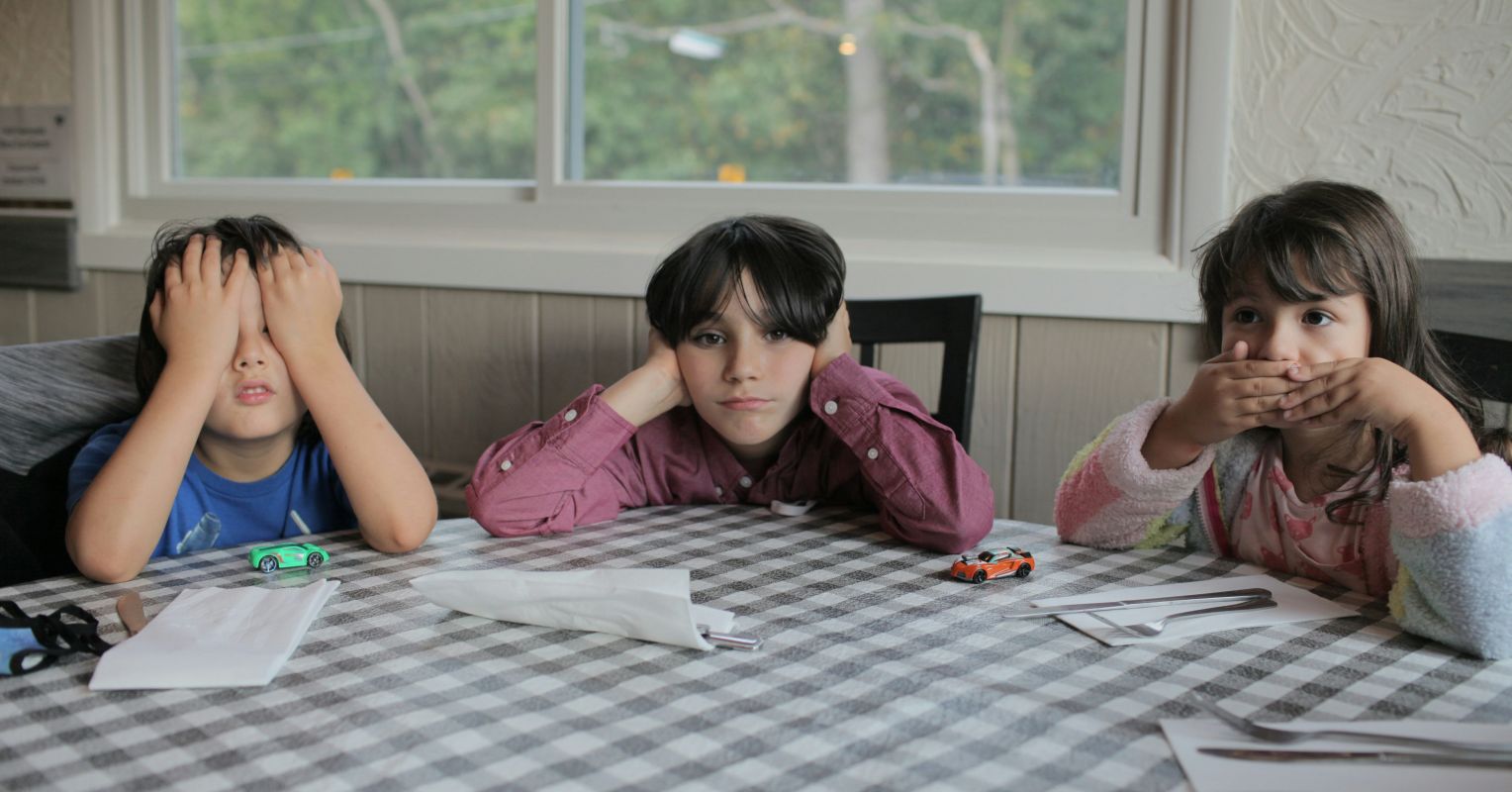
"The defiant child often reacts harshly but much of their behavior stems from hidden vulnerabilities and feelings of being overwhelmed."
"Understanding the defiant child's emotional state requires adults to recognize their vulnerability and respond with empathy, safety, and consistent boundaries."
"The defiant child's defiance is a means of protecting themselves from an unpredictable world, making it essential for adults to offer consistent support."
"Empathy, setting limits, and fostering agency are vital strategies for assisting defiant children in navigating their sensitivities and interactions."
The article highlights that defiance in children frequently stems from feeling overwhelmed by sensory stimuli and hidden vulnerabilities. Adults can assist by recognizing these sensitivities and responding empathically while still enforcing boundaries. The defiant childâs protests serve as a protective mechanism against an unpredictable world, demanding a balance of empathy, structure, and agency in their upbringing. Therefore, understanding the emotional context of their actions is crucial for fostering a supportive environment where children can thrive.
Read at Psychology Today
Unable to calculate read time
Collection
[
|
...
]